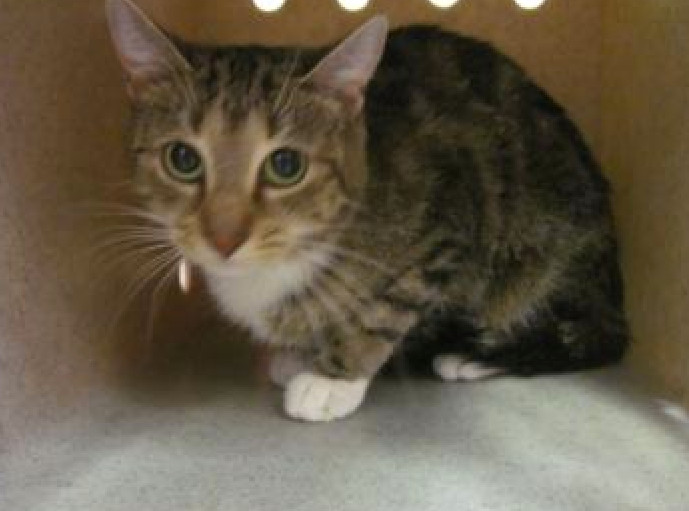Treating feral cats humanely
Program viewed by Five Towners as a community benefit
North Woodmere resident Leslie Aronin believes the Town of Hempstead Animal Shelter’s Trap, Neuter and Release program is a win-win situation given the sheer number of feral cats in the neighborhood that continue to breed.
“The only way to control the uncontrolled population of feral cats is humanely,” Aronin said. “This program is the most humane I’ve ever seen. They trap and neuter the cat, give it vaccinations and flea treatments and return the cat to where it was found originally.”
Trap, Neuter and Release, which began in December 2010, offers free spaying or neutering of feral cats in an effort to curb their population in the Town of Hempstead. Since its inception, more than 3,000 cats have been treated and returned to their habitat, according to Animal Shelter Director Cynthia Iacopella.
“The Trap, Neuter and Release program is the most effective and humane way to reduce and control the feral cat population,” Iacopella said. “Once all cats are altered, the colony, in time, will drop off.”
Stray cats have been an ongoing problem in the Five Towns, according to Dr. Glenda Wexler, owner of Broadway Vet Care in Hewlett, since she opened her veterinary practice nearly 20 years ago.
Aronin agreed, and said she is grateful for the town’s program. “The [Town of Hempstead shelter] catches as many cats as they can in area neighborhoods,” she said. “Once a cat has been neutered or spayed, a tiny portion of their ear is clipped so you’re able to identify which one has been neutered, so they don’t re-catch cats.”
Ayala Ferrera, a 25-year North Woodmere resident, said that feral cats in her neighborhood knock over garbage cans, make messes and reproduce at an alarming rate. “If you ride around the community, many people feel bad for the cats, so they feed them, and they’re multiplying at a ridiculous rate,” Ferrera said. “It’s also been a warm season so far, so normally cats go into heat once, but they’ve been able to have two litters, as opposed to just one, because of the environment.”
She added, “Without this program we’d have hundreds of cats per block. Since this program began, seven cats have been trapped in my area. Without this help, I don’t know what this community would look like.”
Just before Hurricane Sandy hit, Aronin said, the shelter caught a few feral cats and neutered them. “Usually they bring the cats back to where they were found within two to three days after they’ve been neutered,” she said. “They called me and said, ‘The storm is coming,’ and there were female cats with open wounds, so they decided to keep them until after the storm. That’s the level of humanity of these people at the animal shelter.”
Ferrera encourages residents to call the shelter and report feral cats in their neighborhoods. “We don’t want these cats gone, because they keep the rodent population down as well as other animals and bugs,” she said. “Cats are beneficial, but not to the point where there are hundreds of them. The more cats we have, the more feces, yard disruptions and garbage we’ll have.”
To contact the Town of Hempstead Animal Shelter about the Trap, Neuter and Release program, call (516) 785-5220 ext. 4630 or press #3 at the prompt. Residents may also email Steven Reichert, the program’s coordinator, at SReichert@tohmail.org.

 63.0°,
Mostly Cloudy
63.0°,
Mostly Cloudy 




